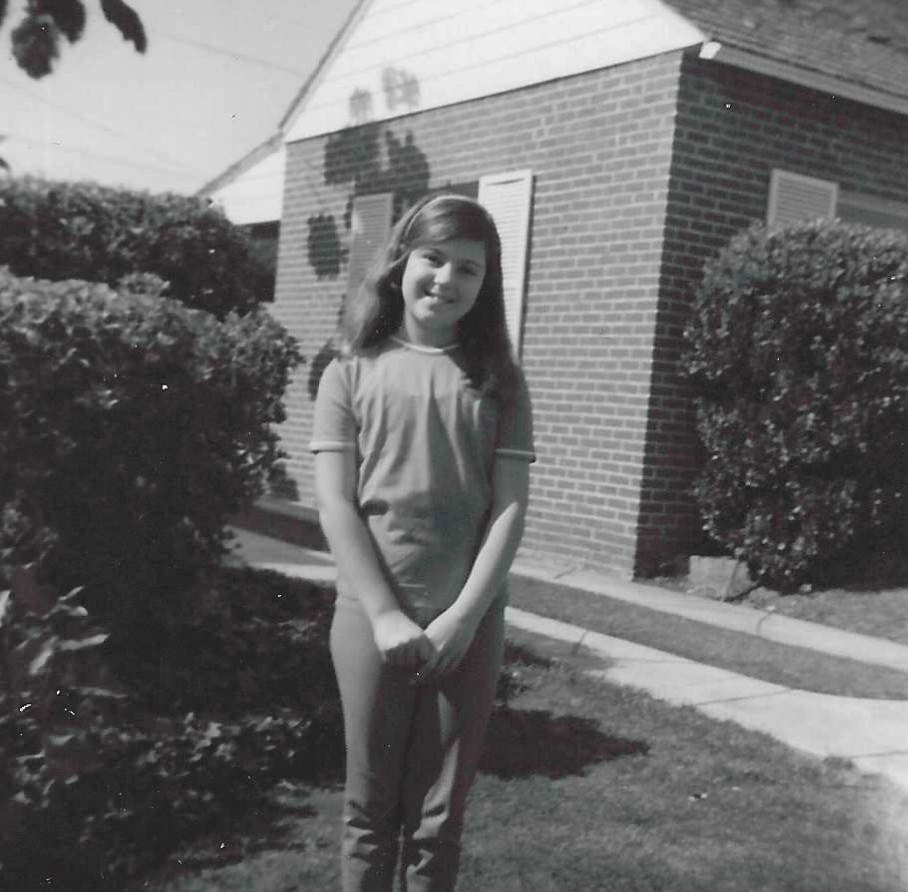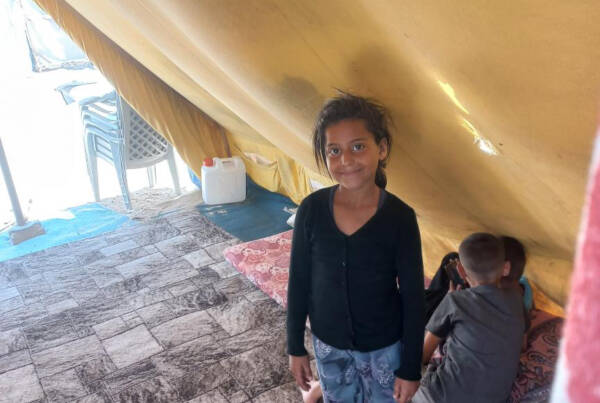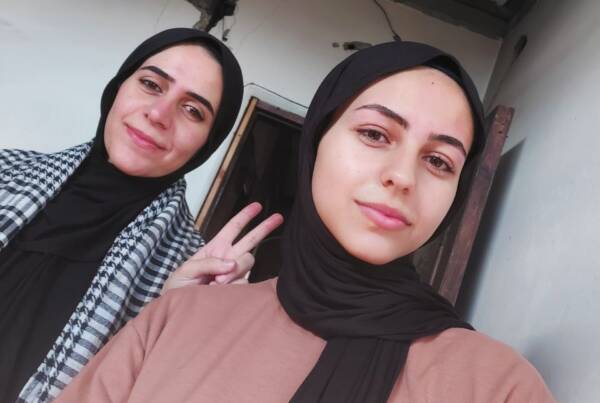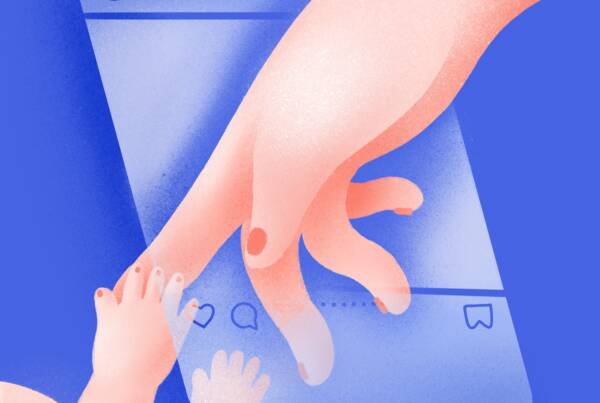Words by Bethelene Hart
 At eight years old I took a test in my new school. My objective was to be done first to impress my teacher and I randomly answered the multiple choice questions. What I didn’t know was that it was an IQ test, and that randomly circling answers would change my life forever.
At eight years old I took a test in my new school. My objective was to be done first to impress my teacher and I randomly answered the multiple choice questions. What I didn’t know was that it was an IQ test, and that randomly circling answers would change my life forever.
Without explanation or follow-up, I was misdiagnosed as having an intellectual disability. I was placed in a remedial class with behavioral students and no expectations for success. That mislabeling shaped my entire academic journey.
It wasn’t until my twenties that I discovered the truth about my misdiagnosis. Married with four children of my own and that revelation sparked a transformation. I returned to school as a mature student and graduated with honors in the field of early childhood education
I went on to teach in the very types of classrooms where I once felt voiceless. This time, I showed up as the advocate I needed growing up.
Today, I have over 30 years of experience supporting families, educators and schools. I’ve worked for over a decade with School Boards and as a Special Needs Resource Educator for a Children’s Mental Health agency.
I am a speaker and an author of two children’s books that teach emotional literacy, The Magic Pee and Other Surprises and Ben’s Big Feelings in a Little Body. I am also founder of Parenting By Hart. I teach parents and educators how to validate children’s emotions, build trust, and break cycles of shame and misjudgment. How early misdiagnosis can shape lifelong narratives and how to change them.
I am keenly aware of the labels educators use for children in a very informal way. Children can be described as shy, aggressive, bossy, defiant, easy going, lazy and challenging just to name a few. Those labels can be damaging to a child’s self concept and self esteem. Though they are not formal like a diagnosis, they do create confusion for the child in the same way a misdiagnosis would.
How we talk to and about children is not the same as truly seeing them. Children aren’t problems to be fixed. Labels are shortcuts that can lead to long term harm. A child will believe what they hear about themselves and internalise that they are not ok with being who they are.
I see high energy children being mislabeled as Hyper or ADHD and reprimanded for not being able to sit still. This creates a negative self image and self fulfilling prophecy. Children are meant to be active. Perhaps the environment is the problem and not the child? Outgoing and social children are applauded while introverts and those who are slow to warm up or labeled “shy” are not celebrated in the same way. Let’s not dim the light on these children.
Parents can feel judgment or judged and labeled based on their child’s personality and temperament. Interestingly, we are born with our temperament. We can’t change the child but we can change our approach which helps shift the energy.
Maintaining trust is the foundation of any relationship and particularly with children. Are we validating our children? Do they feel seen, heard and accepted for who they are? Are we listening? Our children’s behaviour is their way of communicating their unmet needs, not a character flaw.
It takes more effort to connect with a child who is disruptive or is not engaging. I have consulted on many cases where the child is labeled aggressive, when it was a language delay, or defiant, when it was a sensory issue or ADHD when it was a child who was younger and not as developmentally mature as their peers. The expectations needed to be adjusted. I am not anti-label, I am pro understanding.
Putting a child’s name on the board like a scarlet letter of embarrassment or calling out their faults in front of their peers does not build the child’s self esteem or trust with the adult. The child will carry that shame long after the teacher remembers the child’s name.
I was one of those kids who developed anxiety at school. I had headaches and stomachaches daily. My parents had no idea the stress I was under. If your child is struggling or shows signs of being anxious about school, use the opportunity to listen and not jump into problem solving. A sample script you can use is:
“I see you are showing me something about school is bothering you”
Allow your child to share, show empathy and curiosity. “Oh, I didn’t know that is what you are feeling. Thank you for sharing with me.” Only move to problem solving when your child feels ready. Ask them first. “How do you want to handle this/solve this? Do you need my help?”
The greatest gift we can give our children is validating their feelings and experience. When children feel we genuinely accept their feelings without judgment and are their advocate, it builds trust with the adult but also builds their inner confidence with themselves. Our children can develop resilience to the pressures and challenges they experience. When we show confidence in their abilities and keep the conversation open we help break the cycle of shame from labels and misdiagnosis.






